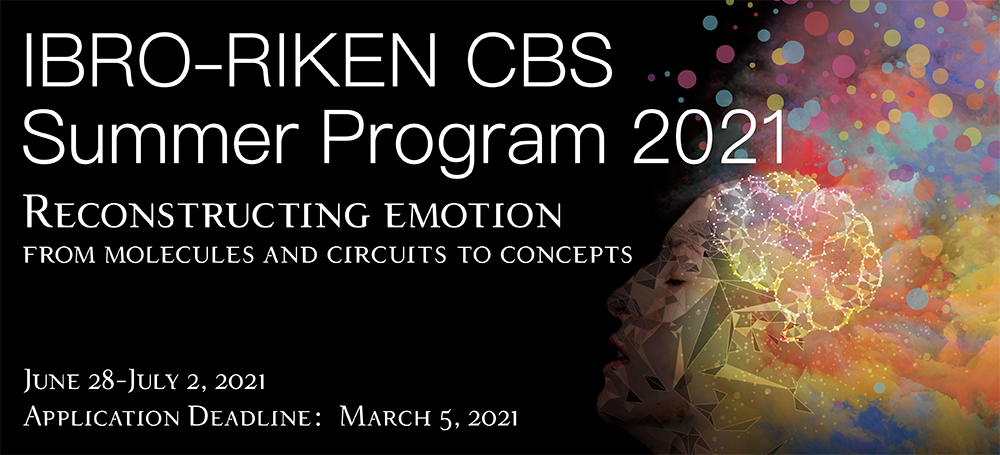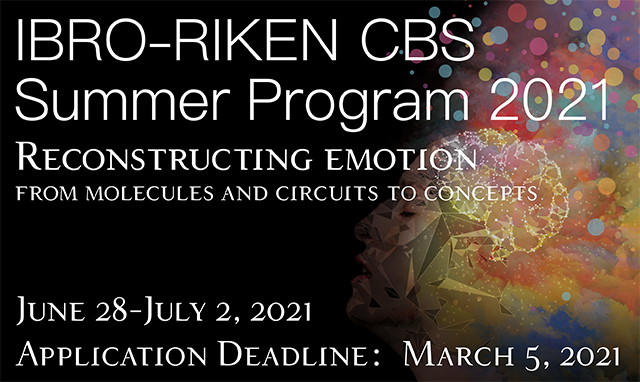

[L4] Estimation of current and future physiological states in insular cortex
Lecturer
Date/Time
June 29, 2021 9:00am-10:20pm
Abstract
Interoception, the sense of internal bodily signals, is essential for physiological homeostasis, cognition, and emotions. While human insular cortex (InsCtx) is implicated in interoception, the cellular and circuit mechanisms remain unclear. I will describe our recent work imaging mouse InsCtx neurons during two physiological deficiency states – hunger and thirst. InsCtx ongoing activity patterns reliably tracked the gradual return to homeostasis, but not changes in behavior. Accordingly, while artificial induction of hunger/thirst in sated mice via activation of specific hypothalamic neurons (AgRP/SFOGLUT) restored cue-evoked food/water-seeking, InsCtx ongoing activity continued to reflect physiological satiety. During natural hunger/thirst, food/water cues rapidly and transiently shifted InsCtx population activity to the future satiety-related pattern. During artificial hunger/thirst, food/water cues further shifted activity beyond the current satiety-related pattern. Together with circuit-mapping experiments, these findings suggest that InsCtx integrates visceral-sensory inputs regarding current physiological state with hypothalamus-gated amygdala inputs signaling upcoming ingestion of food/water, to compute a prediction of future physiological state.
References
- Livneh, Y, Sugden, A, Madara, JC, Essner, RA, Flores, VI, Sugden, LA, Resch, JM, Lowell, BB*, and Andermann, ML* (2020). Insular cortex estimates current and future physiological states. Neuron, 105(6):1094-1111.e10. *Co-corresponding author. PMCID: PMC7083695.
- Burgess, C, Ramesh, R, Livneh, Y, and Andermann, ML. Gating of visual processing by physiological need. Review in Current Opinion in Neurobiology, Nov 8;49:16-23. PMCID: PMC5889964.
- Andermann, ML**, and Lowell, BB**. Towards a wiring-diagram understanding of appetite control. Review in Neuron, 2017. 95: 757:778. ** co-corresponding author. PMCID: PMC5657399.



